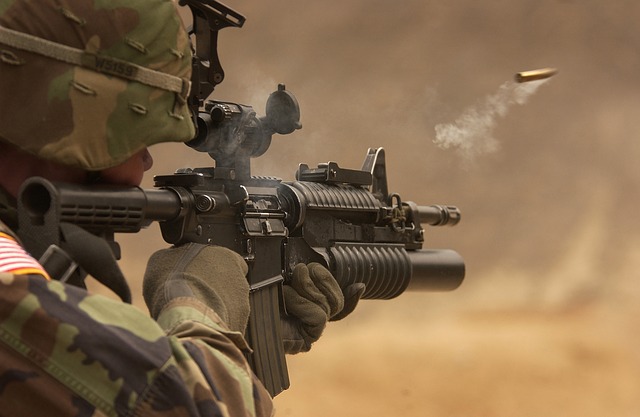Killing Cuts Alcoholism in Soldiers

Combat often leads to anxiety, depression and post-traumatic stress disorder in soldiers. Many soldiers afflicted with these psychological disorders will often resort to alcoholism as a form of self-medication.
However, new research reveals that soldiers who've killed in combat are actually less likely to abuse alcohol. Lead researcher Cristel Russell, an assistant professor at American University's Kogod School of Business, said this is surprising as killing is the most traumatic of all combat experiences.
"We were very surprised by the findings. Most previous research supported the prediction that more traumatic experiences would lead to more negative health outcomes, such as alcohol abuse," Russell said in a news release. "We found the opposite -that the most traumatic experiences of killing in combat actually led to a decrease in alcohol abuse post-deployment."
Researchers said the findings suggest that the act of killing causes soldiers to have an increased sense of mortality and vulnerability. These factors may reduce high-risk alcohol consumption as it may trigger a higher sense of self-preservation.
"We reason that a possible explanation may be that soldiers who experience killing during combat become more aware of their own vulnerability to death. Mortality salience is known to have effects on decisions that people make including, in our case, the decision to not take risks and abuse alcohol, presumably to live longer," said Russell, according to a news release. "This is a post hoc explanation and our future research is going to try and explore this intriguing explanation further."
"It is important for healthcare providers and researchers to better understand and account for the fact that traumatic events do not necessarily result in a negative outcome and that positive outcomes can in fact be born from traumatic events," said Russell. "Building on these findings, future research should take into account the degree to which individuals are equipped to deal with stressful situations and assess how coping strategies may affect their behavioral response to potentially traumatic events. There may be ways to promote coping pre- or post-traumatic experiences."
The latest findings are published in the June issue of the journal Drug and Alcohol Dependence.
© MD News Daily.
